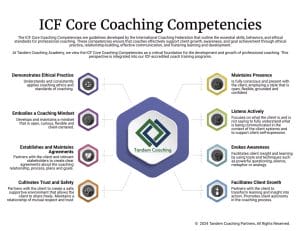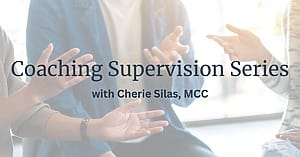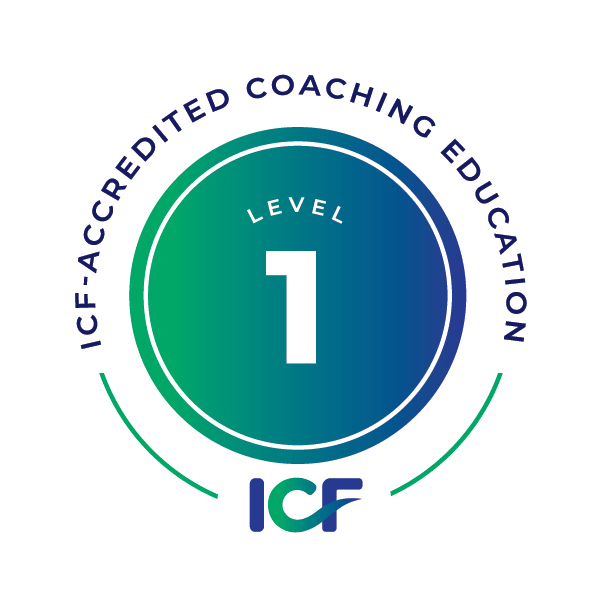Hi, Cherie’s here. As we navigate the complexities of agile leadership and executive coaching, a transformative shift is taking place.
Inspired by the insights of Marcia Reynolds, we’re moving beyond the confines of problem-solving to embrace a more holistic approach: coaching the person, not just the problem. This strategy isn’t merely about overcoming challenges; it’s about understanding, developing, and empowering the individual at the core of their role.
Here are four pivotal strategies derived from the principles outlined by Reynolds, focusing on creating a profound impact in the agile coaching realm.
1. Create a Foundation of Trust and Safety:
The bedrock of effective coaching lies in establishing a relationship grounded in mutual respect, trust, and safety. It’s about creating an environment where leaders feel valued and understood, empowering them to share and explore their experiences, values, and beliefs freely. This foundational step ensures a coaching journey that’s as nurturing as it is transformative.
2. Embrace the Power of Active Listening:
Active listening goes beyond hearing words; it’s about fully engaging with the leader’s context, emotions, and unspoken messages. This competency involves integrating what’s said with non-verbal cues, tone, and energy shifts, thereby enriching the coaching dialogue and fostering deeper self-expression and awareness.

Enjoyed our insights on professional coaching? We’re just scratching the surface. Dive deeper into the world of transformative coaching with our exclusive offer. Sign up now to receive our FREE brochure: “Our Twelve Favorite Coaching Questions”—a curated collection of powerful questions designed to unlock potential, foster growth, and inspire action.
"*" indicates required fields
3. Cultivate Insight Through Reflective Inquiry:
Reflective inquiry is a cornerstone of person-centered coaching. It involves summarizing, paraphrasing, and reflecting back what the leader communicates, encouraging them to explore their thoughts and feelings without immediate judgment or solutions. This approach not only clarifies understanding but also challenges leaders to think beyond their current perceptions, unveiling new insights and possibilities.
4. Champion the Leader’s Whole Self:
Coaching the person means looking beyond immediate problems to the leader’s entire being—their thoughts, emotions, aspirations, and underlying beliefs. It’s about disrupting conventional thinking to uncover new paths of awareness and self-discovery. By focusing on the leader’s whole self, we facilitate a level of growth and development that transcends traditional problem-solving, paving the way for genuine transformation.
These strategies, grounded in the competencies and insights drawn from our exploration, underscore a shift from solution-focused to awareness-focused coaching. By prioritizing the person over the problem, we empower agile leaders to navigate their roles with greater confidence, resilience, and insight, fostering a culture of continuous learning and adaptation.
Until next time, Cherie 💚

Unlock Your Coaching Potential with Tandem!
Dive into the essence of effective coaching with our exclusive brochure, meticulously crafted to help you master the ICF Core Coaching Competencies.
"*" indicates required fields
About the Author
Cherie Silas, MCC
She has over 20 years of experience as a corporate leader and uses that background to partner with business executives and their leadership teams to identify and solve their most challenging people, process, and business problems in measurable ways.















